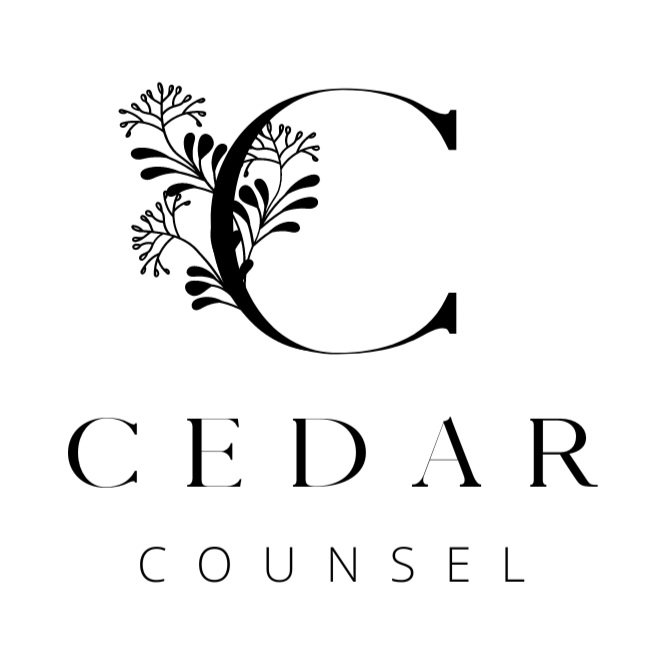Estate Planning During Times of Economic Uncertainty
During lean economic times, estate planning may feel like a luxury. But there are few better and more economically efficient ways to protect the assets you already have. The question isn’t whether you can afford estate planning today - it’s whether your family will be able to afford your lack of estate planning tomorrow.
Consider this scenario: The country is in the midst of a financial crisis. Property values are down, inflation is high, and many are losing their jobs. Adding insult to injury, you pass away unexpectedly with no estate plan in place. So, your loved ones have to navigate the complexities of the probate process - a potentially expensive, lengthy, and public court proceeding - all while experiencing immense grief. Moreover, during this process, your family has to advance mortgage payments, property taxes, and other costs associated with the property tied up in probate, leaving them financially insecure.
There is a better way. Here are three tips to protect your loved ones and safeguard your savings in times of economic uncertainty:
Talk with your loved ones about your financial status.
With the economic realities that are upon us, we can no longer go it alone, expecting everything to just work out because the stock market is on the rise and there’s plenty of money in the bank. It’s critically important to discuss what you have, where it is, and how it’s being (or will be) managed with the people who depend on you, or who you will depend on if something happens to you.
For some families, conversations about death and/or incapacity are uncomfortable. That’s why we have comprehensive systems in place to help you facilitate these sensitive conversations. We are always here to help.
Create your “Family Wealth Inventory.”
Whether you’ve created a formal set of estate planning documents already or not, it’s time to create (or update) an inventory of your assets. In our experience, most estate plans don’t do a very good job of keeping assets organized. When a loved one becomes incapacitated or dies, this is actually one of the biggest sources of expense, heartache, and pain—no one knows what there is, where it is, or how to find it.
One of the greatest gifts you can give the people you love is what we call a “Family Wealth Inventory,” and it’s something we create for all of our clients as part of their estate plan. We will not only create this inventory for you, but we have systems to keep it consistently updated year in and year out, as your life, assets, and the law change over time.
Review your financial situation.
Reduce your investment risk by reviewing all of your assets, whether cash, real estate, or funds in the stock market. Make sure you know their current worth and the changes in their value since the last time you reviewed your overall investment strategy. When we meet with you for a Life & Legacy Planning Session, we’ll help you look at whether your resources are being held in ways that will support you to reach your short and long-term goals. Then, we can either help you reallocate your resources to achieve those goals, or refer you to financial professionals we trust to help you reallocate.
Every plan we create has built-in support for your life and legacy, which can greatly facilitate your ability to make wise legal and financial decisions throughout your lifetime and beyond. We’d be honored to help you protect your loved ones and make sure they are provided for, no matter what happens with the ongoing and future economic shifts. Schedule a Life & Legacy Planning Session today to get started.
This article is a service of Cedar Counsel. We don’t just draft documents; we ensure you make informed and empowered decisions about life and death, for yourself and the people you love.
